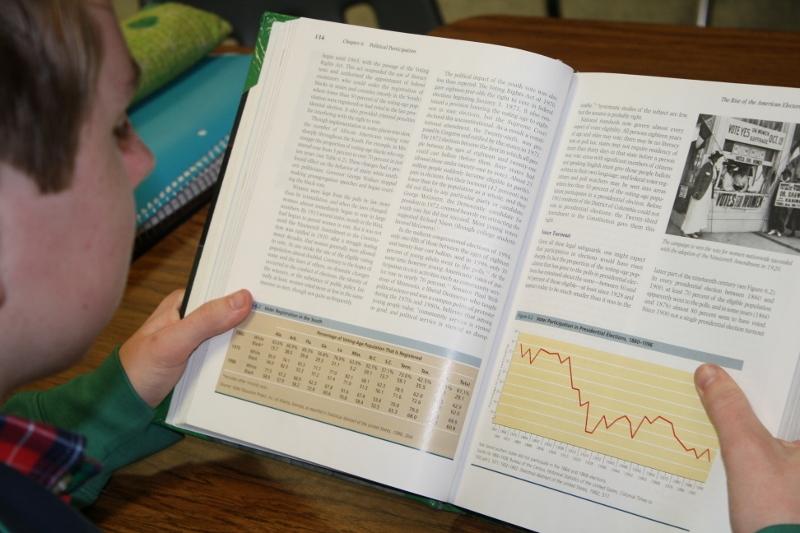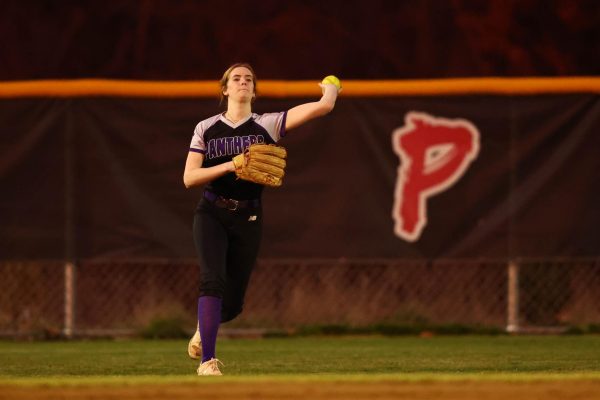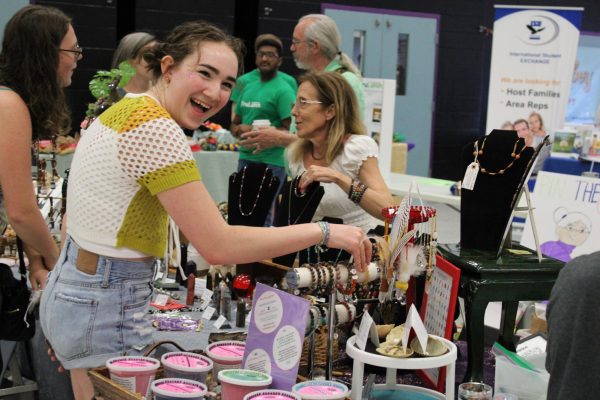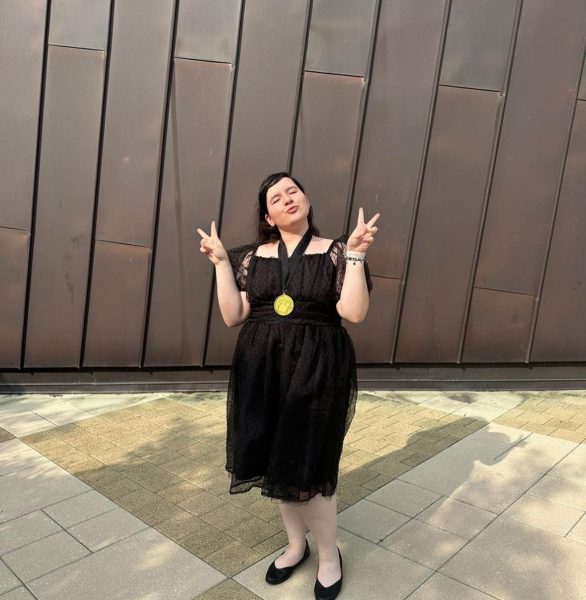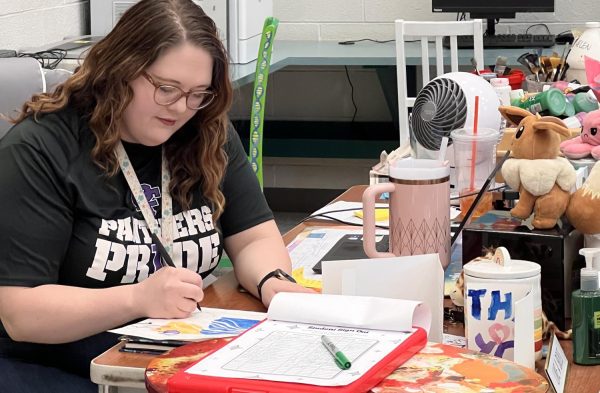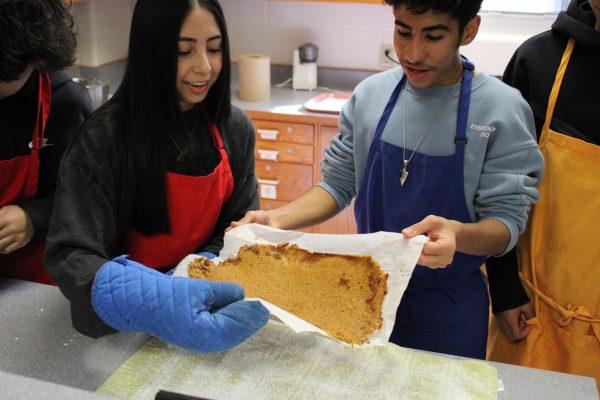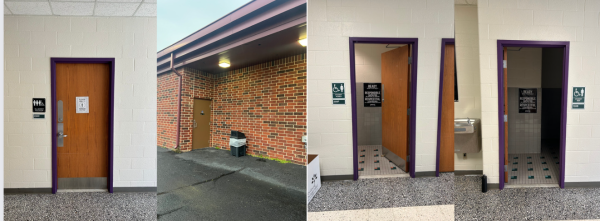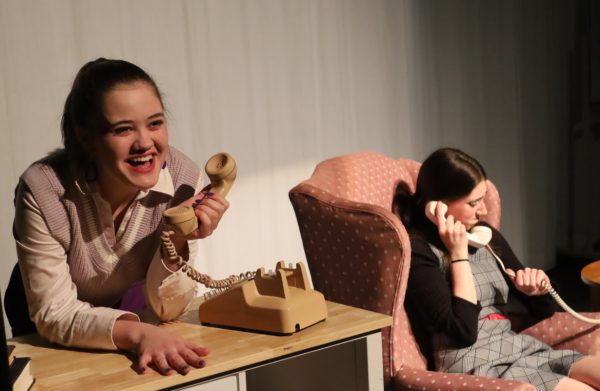Voting Age is All the Rage
Hyattsvile, MD, lowers the voting age for city elections
On January 5th, the Hyattsville, MD, City Council took a vote on whether to allow 16- and 17-year olds to vote in city elections. The council voted 7 to 4, in favor of amending the city charter and lowering the voting age. This decision makes Hyattsville the second municipality to have lowered the voting age. In May of 2013, the progressive hub in Takoma Park, MD, also allowed 16- and 17-year-olds to vote in city elections.
Local teenage lobbyists insisted that this motion will allow and motivate young people to have an active civic life from an earlier age, preparing them for an active political life in the future. Proponents also argue that this will also give a voice to the 16- and 17-year-olds that partake in adult-like activities, such as having a job, paying taxes, and driving, but cannot vote. Sophomore Robert Chaney, a self-proclaimed politically active citizen, “would vote [at 16],” but thinks that the movement is “just not going to happen [nationwide].”
Critics argued that younger votes will mimic their parents’ views, as the teenagers will not have fully developed their own political views. Seeing that these teenagers were never given the responsibility to vote and express their views, freshman Lucy Eckman disagrees.
“I would definitely vote at that age. I would consider my parents’ views, but I would have my own,” said Eckman. Eckman considers it important that voters make educated decisions. “I’m not involved in politics now, but if the voting age were lower, I would definitely get involved, so I can vote.”
However, as an 18-year-old who can vote, senior Carrie O’Foran said, “I would have just voted what my mom would suggest. It wouldn’t have been what I thought.” O’Foran opposes the motion in Hyattsville, arguing that younger voters are less mature. She can feel a difference in her involvement and awareness in politics between her 16- and 18-year-old self, noting that she is “more active than [she] was last year.”
Junior Jackson Blodgett, 16, does not consider himself ready to vote, nor does he feel that younger teenagers should be entrusted with such a responsibility. “As students, we shouldn’t be making decisions,” said Blodgett. “Even during the snow days, we said we should close school, even though it was fine. I think [older voters] should make decisions because they’re looking out for what we need, not necessarily what we want.”
Once the decision in Hyattsville is formally accepted in a second vote to be held on Jan. 20, the younger voters will be able to take part in the city elections. Other municipalities and local councils may adopt this model as well if it proves successful and significantly increases voter turnout, meaning Loudoun County may follow the trend in the years to come.


